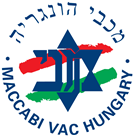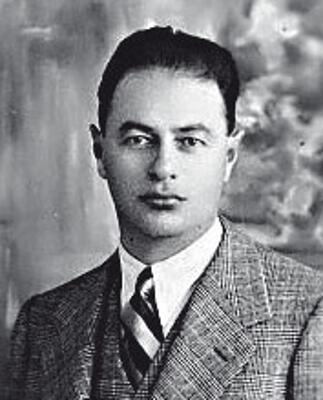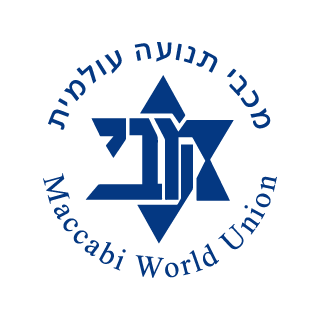Famous Jewish athletes and sports leaders
in Hungary

Every week, Maccabi VAC presents a Hungarian Jewish athlete, sports leader, pruner, coach, who played a decisive role in Hungarian and universal sports.
Árpád Weisz
(Solt, April 16, 1896 – Auschwitz, January 30, 1944)
 Six-time Hungarian national team football defender, then a football coach in Italy.
Six-time Hungarian national team football defender, then a football coach in Italy.
In recognition of his coaching work, he was named king of coaches by sports journalists. He was born on April 16, 1896 in Solt, and played in the Hungarian first class championship for Törekvés SE. He excelled as a left-back and midfielder, and his talent was also noticed in the national team. He was a member of the 1924 Paris Olympic team, but eventually did not enter the field at the tournament. (He traveled for a chance, but in the end the Hungarian national team was only 10th, the gold was taken home by Uruguay). By theis time, he was already a foreign legionnaire, playing in the Czechoslovak league in the 1923/24 season, namely as a player for Makkabi Brno. Makkabi Brünn was a Zionist Jewish team. Judaism was a recognized minority in Czechoslovakia, and there was even a separate Jewish league. Incidentally, there were several well-performing Jewish football clubs in Central Europe at the time, such as Hakoah Wien, Bar Kochba Berlin, Hagibor Praha, Makkabi Kraków, or the Zionist Fencing and Athletics Club (VAC) in Budapest. From 1920, Makkabi Brünn consisted almost exclusively of players of Jewish origin, mostly in Hungary. The players were semi-pros – amateurs on paper, and in reality “working” for good money for a sponsor in hidden sports positions. For Árpád Weisz, the Makkabi Brünn was just a springboard, as it came to pass that he and his team toured Europe, collecting wins against big teams such as Real Madrid or the Italian national team.
This is how they got to know him in Italy, where he first contracted as a player. His first team was Alessandria FC, now under-listed, and then he played for the famous Milan Inter in the 1925/26 season. He scored 3 goals in 11 matches in Serie A with Inter. Árpád Weisz achieved his greatest coaching successes not in Milan, but in Bologna, which was in its prime in the 1930s. They won three of the team’s four championship titles in a row (1935/36, 1936/37, 1938/39) under Weisz’s direction. Although Hermann Felsner of Germany replaced him on the bench after five rounds in the 1938 league, as racial laws also applied to him (ironically, the championship trophies were always handed over by Mussolini…) Weisz still made history: to this day he was the youngest coach in the Italian league who took the championship title three times. All this in an era when Italian football was in its golden age, they became world champions twice (in 1938, Hungary had just been defeated in the world championship final). The fascists disregarded Weisz’s merits, making it impossible for the master, who tried his luck first in France and then in the Netherlands. By then, he was already an internationally recognized trainer. He based his prestige on defeating English Chelsea 4: 1 at the Paris World’s Fair in the summer of 1938, which was already considered a big win. He started working for the Dordrecht team in the Netherlands. He and his team soon rose in success, but in 1942 he was deported with his family. He died in Auschwitz in January 1944 with his wife and two children.





